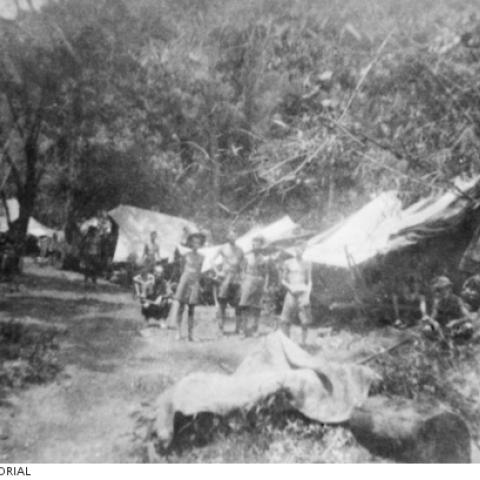
The work of University of Adelaide research fellow Dr Kevin Fenix has been boosted by a grant from the Cure Cancer Australia Foundation.
The Foundation awarded 10 grants to researchers, including Dr Fenix, for projects which aligned with its theme of “United by Unique” on World Cancer Day, Tuesday 4 February.
Based at the Basil Hetzel Institute for Translational Health Research, Dr Fenix is working on finding new treatments for people living with bowel and head and neck cancers.
Dr Fenix’s grant will continue his investigations into the use of cytokine-induced killer (CIK) cell therapy to treat bowel cancer.
“CIK cells are lab-made immune cells derived from exposing a patient’s own white blood cells to proteins called cytokines, which enable these cells to recognise and target a broad spectrum of cancer cells,” says Dr Fenix.
“CIK cell therapy, either on its own or in combination with other therapies, can improve patient survival across many cancers and my preliminary findings have demonstrated they can also extend the survival of metastatic bowel cancer patients.
“We will use cutting-edge technology to map CIK cell therapy’s cellular components, essentially making a cellular atlas which can help us identify the components responsible for anti-cancer activity.”
A clinical trial for metastatic bowel cancer patients based on the findings of this project could occur within three years, Dr Fenix said.
“The two-year funding will provide financial stability and help advance my career as an independent research leader in the cancer immunotherapy field,” says Dr Fenix.
“It will allow me to focus on developing cytokine-induced killer cell therapy as a potential treatment for metastatic bowel cancer.”
Professor Anton Middelberg, Deputy Vice-Chancellor (Research), University of Adelaide, congratulated Dr Fenix on the grant.
“The University prides itself on being at the forefront of research which develops innovative solutions to address global issues,” he said.
“While the use of immunotherapy for other cancers is increasingly common, Dr Fenix’s work has the potential to improve outcomes for people with metastatic bowel cancer.”








